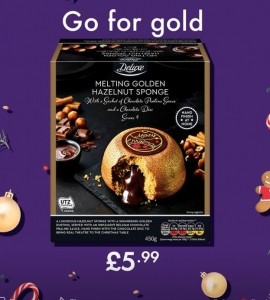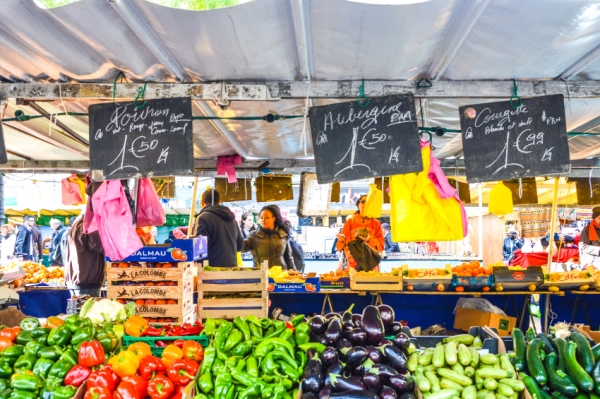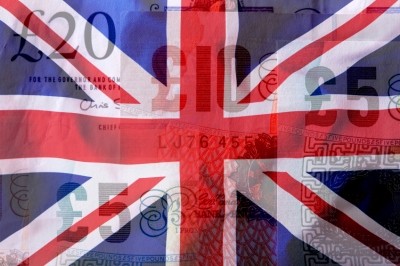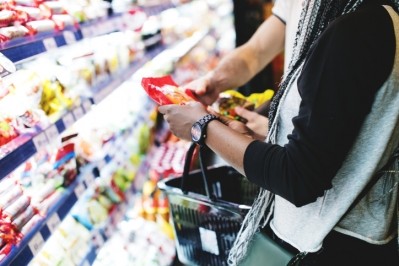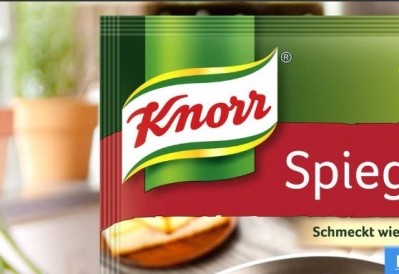'A perfect value-for-money combination': Private label’s premium focus puts brands under pressure
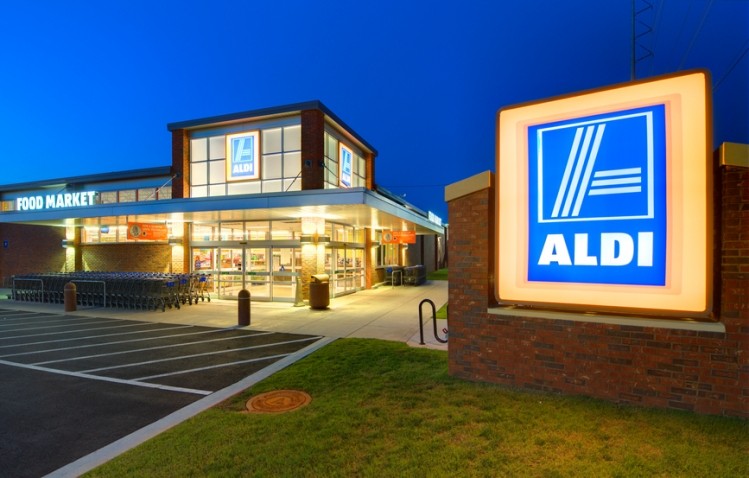
Looking at UK Christmas trading figures an interesting trend was evident. The discounters, Aldi and Lidl, were able to grow market share. But this wasn’t down to their competitive pricing so much as the quality of their premium lines.
Aldi reported a 10% increase in sales over Christmas while Lidl sales were up 8%.
Two-thirds of all UK households shopped at either Aldi or Lidl over the 12-week Christmas period, according to Kantar Worldpanel.
This culminated in a highest-ever combined Christmas market share of 12.8%.
Commenting on the numbers, Aldi said revenue was driven by “exceptional” demand for its premium ranges. Giles Hurley, CEO of Aldi UK, said that the group’s Specially Selected brand gave a “standout performance”.
“Shoppers treated themselves to premium products for a fraction of the price they would have paid elsewhere for similar quality products," Hurley noted.
Meanwhile, Lidl revealed its Deluxe premium range saw sales jump 33%. Christian Härtnagel, Lidl UK CEO, said that the Deluxe offering proved a “major draw” for new and existing customers.
Euromonitor International analyst Valentina Vitali believes that Aldi and Lidl have been able to strike the right balance between quality and price to deliver growth in the UK. “With a perfect value-for-money combination, Aldi and Lidl present consumers the option to buy premium products that do not weigh too much on their budget. While they initially attracted consumer thanks to the offer of lower prices with respect to other retailers, discounters are now putting a real effort on offering high quality and premium offerings,” she said.
The development of their premium offerings has become an important strategy for the large discounters throughout their European operations. A strong premium offering has become a mainstay of the discount retailers in the UK and beyond, Nick Carroll, senior retail analyst at Mintel, observed.
“Premium is key to the growth being seen at Aldi and Lidl in the UK, however it is not just this Christmas that premium drove sales – indeed for both retailers, premium has been core to the offering for over two years,” he told FoodNavigator.
“This is also not a trend unique to the UK – a major part of the success of Aldi (Süd and Nord) and Lidl is that they leverage their pan-European presence in terms of sourcing and this extends to the premium ranges. So whilst their upmarket Deluxe and Specially Selected ranges may have regional variations, they have made their way into much of Aldi and Lidl’s European operations.”
It’s not just the discounters…
Consumers have increasingly come to redefine the meaning of ‘value’ to be about ‘values’ as much as price. European shoppers demonstrate an appetite for foods that can demonstrate their ethical sourcing credentials, be it related to sustainability, animal welfare, quality or health.
“Growing consumer concern about provenance, wellness, authenticity and sustainability are all impacting innovation trends and we expect this to continue in the next 12 months,” Olly Abotorabi, senior regional insights manager at research provider IRI told FoodNavigator.
Retailers across the spectrum have adjusted their private label offerings in response. Major European supermarkets, the likes of Carrefour and Tesco, have placed greater emphasis on private label and in particular on premium and ethical products in recent years.
Mintel’s Carroll suggested that this trend is in part driven be pressure that has been placed on margins and pricing. It is also the consequence of increased competition, he suggested. “Private label is in general how one retailer differentiates itself from another; half of UK grocery shoppers agree that the main difference between supermarket retailers are their own-brands. Therefore, private label should reflect trends in the market, be it a desire for premium alternatives, sustainable products, meat-free options or a whole host of trends that are currently at play in the market.”
Local sourcing in the lime light
Euromonitor’s Vitali noted that European consumers are also increasingly interested in the farm-to-fork story of the food they buy and purchasing locally grown and processed foods.
Local food is viewed as better for the environment because it cuts food miles. Locally sourced products are also thought to support local jobs and the economy. And products are also viewed as offering higher quality because shorter supply chains mean they reach shelves in a fresher state.
In the UK, this has been given fresh impetus in the light of Brexit, Vitali observed. This, she suggested, could be an advantage for the UK supermarkets over the German discounters.
“Brexit is driving up the desire of consumers to sustain local jobs and producers. The preference of consumers for premium private label will continue to rise, but the attention is increasingly shifting towards British-sourced products. While the European discounters Aldi and Lidl are putting efforts in stocking locally-sourced products on their shelves, British retailers seem to be in a better position to communicate the fact of being originally British to consumers.”
Putting the pressure on brands
As retailers invest in evolving their private label lines with a particular emphasis on premium – and indeed dedicate more shelf space to private label – branded food manufacturers are feeling the heat.
Carroll explained: “In the simplest terms, if own-brand is growing in-store, then space for branded goods falls.”
In this context, and facing a jump in high-quality competitively priced alternatives, it is becoming more difficult for branded food manufacturers to justify charging a premium for their brands. As demonstrated by a recent spat between Unilever and German retailer Kaufland, supermarket operators are looking hard at their ranging strategies. Brands are no longer thought of as the ‘must haves’ they once were. Kaufland delisted Unilever’s brands rather than accept price hikes, declaring that the likes of Knorr and Ben & Jerry’s are “highly interchangeable”.
Nevertheless, Carroll believes that there is an up-side for big brands. “The positive for branded producers in this market is that there still is a perception of branded goods as being of higher quality and more innovative among shoppers. Indeed, 44% of UK shoppers believe that brands tend to be more innovative than own-label.
“Whilst we may have seen a swing toward private label in many of Europe’s leading players, there is always going to be the need for a balance to be struck in terms of the presence of branded goods that shoppers expect to see when visiting stores.”
